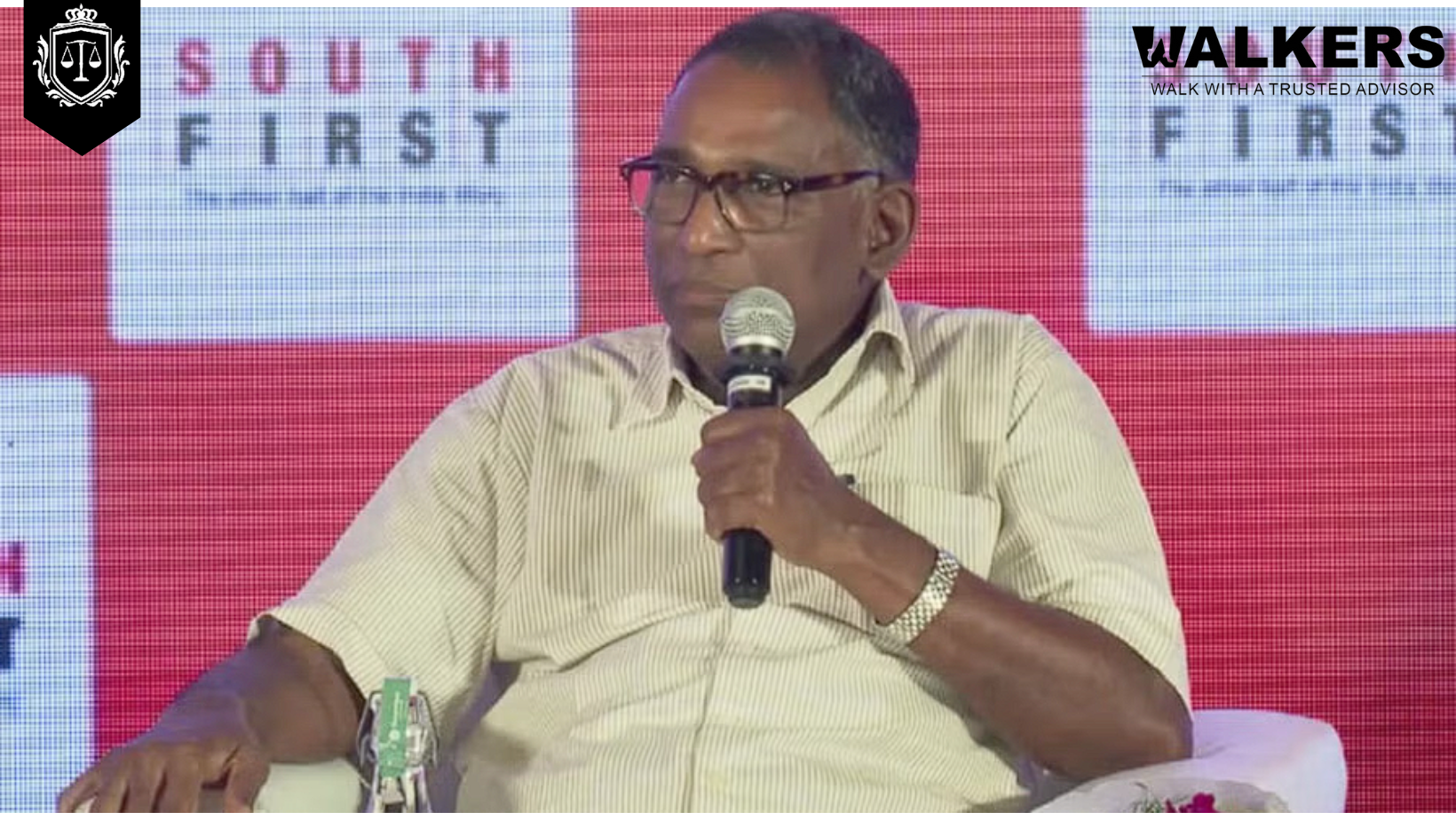


Former Supreme Court Judge Justice Jasti Chelameswar disclosed on Saturday that he was the sole Supreme Court judge to have supported the request for allowing the use of local languages in High Courts in 2012, when the top court disapproved of the proposal.
During the South First's Dakshin Dialogues 2023, Justice Chelameswar stated that even the judges from Gujarat and Tamil Nadu did not support the demand during the full court meeting that took place after the Government of India sought the apex court's opinion on this matter.
Justice Chelameswar recalled that after the legislative assemblies of the two states passed resolutions requesting that their respective local languages be allowed as court languages in the High Courts, the Cabinet Committee sought the Supreme Court's advice on the administrative aspect.
The former judge mentioned that a day before the full court meeting, he had written a letter to the then Chief Justice of India, stating that there was no reason to oppose the demand, as the Government of India had already permitted two states, including Uttar Pradesh, to use Hindi as the language of their High Courts.
"The next morning, the full court convened and my esteemed colleagues, once again, the Supreme Court remained consistent. It stated that since we had previously recommended against it, we still reject it," Justice Chelameswar said, referring to the top court's earlier recommendations against the use of local languages in Uttar Pradesh and Rajasthan.
"I was the only one... I was not concerned with either of those two states in that sense," he added.
Justice Chelameswar originates from Andhra Pradesh.
The former judge recollected that during the 1950s, when the Uttar Pradesh Legislature passed a similar resolution suggesting that the Government of India should take appropriate measures to declare Hindi as a language permissible for use in the High Court, the Central government sought the opinion of the Supreme Court.
"At that time, the Supreme Court deemed it to be an undesirable proposition. I am not commenting on the correctness or otherwise of that understanding. I am merely stating the facts. The Supreme Court said 'No'," Justice Chelameswar added.
However, despite the Supreme Court's opinion, the Central government proceeded to declare Hindi as a permissible language for conducting judicial work in the Allahabad High Court. This decision was later replicated in Rajasthan and Madhya Pradesh, he further stated.
Justice Chelameswar mentioned that when a similar request for advice was made in the 1960s, the Chief Justice of India wrote to the Central government stating that seeking its opinion was pointless since the earlier recommendation regarding regional languages had not been accepted.
Exploring the reasons behind the allowance of local languages in High Courts of Hindi-speaking states, Justice Chelameswar highlighted the significant role played by numbers in the parliament and other legislative bodies in India's functioning.
"I provided that other example because the governments of that time were aware that Hindi-speaking individuals constituted a majority in the parliament. Therefore, rejecting their demand would have caused trouble in the subsequent election," he explained.
Regarding amendments in the Constitution, Justice Chelameswar expressed that considering such matters as inherently unquestionable would lead to difficulties.
He further added that certain aspects of any Constitution may require periodic reevaluation, as what may have been considered good a hundred years ago may or may not be suitable in the present day.
Nevertheless, he further stated, "This matter necessitates a rigorous and intellectual discourse. It is not a matter to be determined by mere clamor and numerical superiority."
TAGS: Supreme Court of India Regional Languages Full Court Meeting